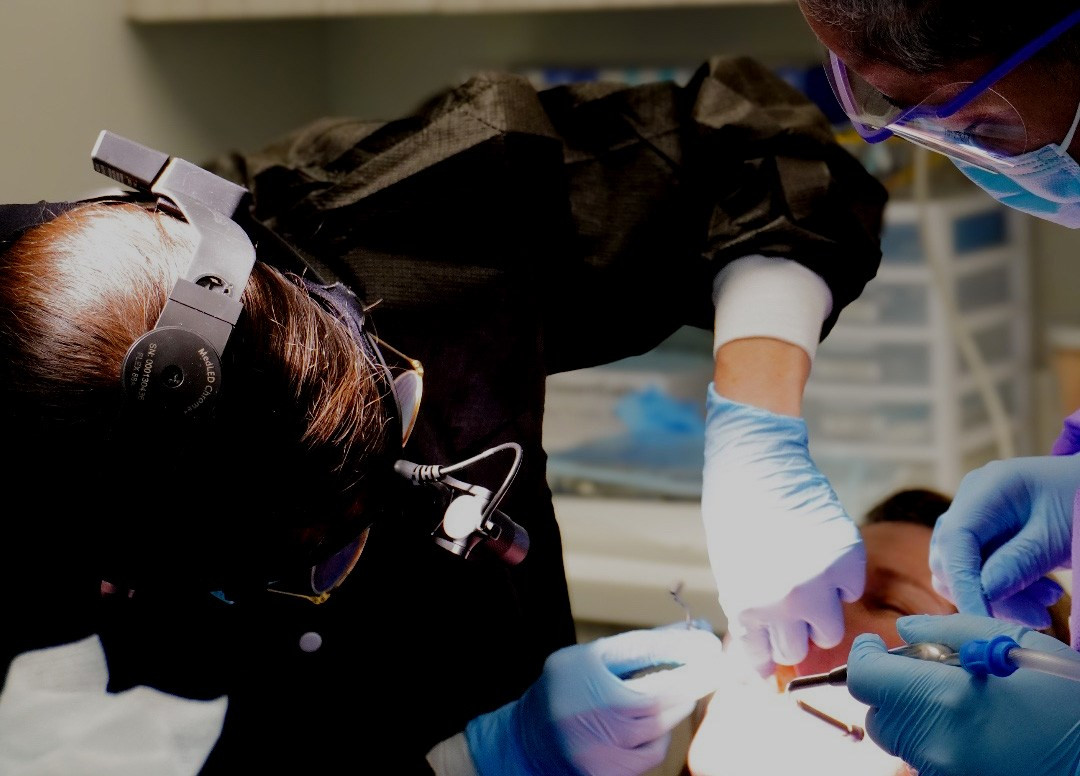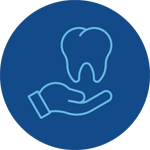How Zygomatic Implants Can Help You
Have you been denied traditional implants due to significant bone loss in your upper jaw? Explore the option of advanced zygomatic implants for restoring your smile and improving the functionality of your teeth. Zygomatic implants are innovative dental implants designed to replace teeth in the upper jaw when you have suffered severe bone loss. These types of implants are slightly tilted and much longer than traditional dental implants. They also anchor to the cheekbone, known as the zygoma, instead of embedding into the jawbone. This anchoring technique makes them ideal for replacing missing or failing teeth when there is considerable bone loss—the zygoma is made up of very dense bone and provides ample support for implants.

Benefits of Zygomatic Implants
Same Day Smile Results:
A key benefit of zygomatic implants is their ability to deliver immediate function and aesthetic results. Unlike traditional implants, which often require months of healing before prosthetic placement, zygomatic implants can typically support a temporary prosthesis soon after surgery. This streamlined process shortens treatment time and improves patient satisfaction.
Ideal for Patients with Severe Bone Loss
Zygomatic implants are especially beneficial for patients with significant bone loss caused by advanced periodontal disease, trauma, or congenital conditions. By securely anchoring the implant to the robust zygomatic bone, these implants offer a stable foundation for dental rehabilitation, often making complex bone augmentation procedures unnecessary. Zygomatic implants can be life-changing for patients who believe there isn’t a permanent solution for restoring their smiles and regaining their quality of life
Meet Our Specialists
Our skilled multidisciplinary team collaborates to provide comprehensive corrective jaw surgery solutions. Whether you require alignment for a minor issue or extensive treatment for a complete jaw reconstruction, we have the right approach tailored to your needs.









